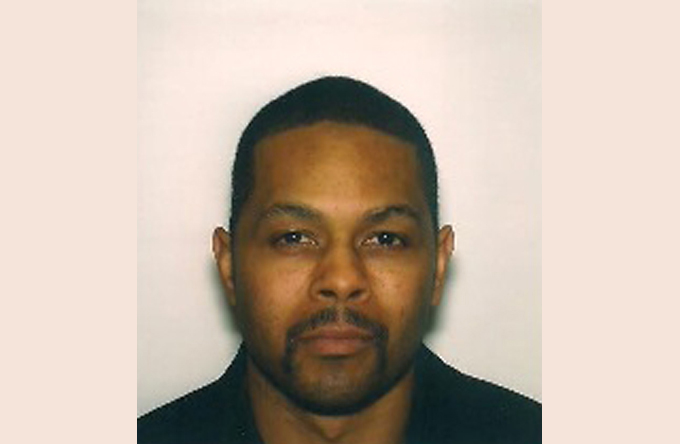by J. Pharoah Doss, For New Pittsburgh Courier
Thurgood Marshall is mentioned for two milestones during Black History Month, winning the 1954 Brown v. Board school desegregation case and becoming the first Black Supreme Court Justice in 1967. But Marshall was extremely proud of his participation in another historic event his biographers rarely highlight.
Found inside Marshall’s Supreme Court office after his death in 1991 was a monkey skin cloak. The cloak was given to him after he was made an honorary tribal chief in Kenya. Marshall’s law clerks said it was Marshall’s most cherished possession.
When Marshall won the desegregation case, he became an international hero. The Civil Rights Movement that ensued took place alongside movements to end colonial rule in Africa. Between 1957 and 1965 the majority of British and French colonies in Sub-Saharan Africa became independent countries.
Kenya’s independence from the British was difficult due to recent turmoil.
From 1952 to 1960 the British colony was under a state of emergency due to the Mau Mau revolt. The Mau Mau launched a guerrilla war against White settlers, who they lost land to in previous decades, the British Army, and pro-British Africans. This was the British Army’s bloodiest post-World War II conflict. In Histories of the Hanged: The Dirty War and the End of Empire, David Anderson stated the conflict was a tale of atrocity and excess on both sides from which no one emerged with much pride and certainly no glory.
By 1960 the British government was prepared for Kenya to govern itself.
That same year Marshall was invited by members of Kenya’s independence movement to be an advisor at the landmark Conference on the Kenya Constitution in London. Here the British government accepted the idea of majority rule, but this became problematic. Kenya had a substantial minority population consisting of Europeans and Asians. These groups were concerned about their status under the new government, will they be equals or second-class citizens?
The constitutional conference couldn’t move forward until this issue was addressed. Marshall told reporters if the conference failed, there could be a new revolt in Kenya that nobody could control.
At this point, Marshall was called upon to draft a bill of rights to rectify the problem. Marshall spent his entire career protecting minorities from the tyranny of the majority. What difference did it make if the minorities were Whites and Asians in Kenya or Black Americans in Mississippi? Marshall understood that demonstrating a commitment to the rule of law transforms societies, not violent revolutions or civil wars.
As much as Marshall claimed the American constitution was the best he encountered in his extensive legal studies, he deviated from the American emphasis on liberty to promote equality. In his preamble, Marshall wrote, all persons are equal before the law and entitled to equal protection under the law, with no distinction of any kind such as race, color, sex, language, religion, political affiliation, national or social origin, property, birth or other status.
Marshall protected freedom of religion, speech, and association. These clauses were modeled after the United Nation’s Universal Declaration of Human Rights. Marshall’s text went further in detail than the American first amendment. Marshall added everyone had the right to freedom of thought, conscience, and religion. This also included the right to change religious beliefs. Marshall also included the right to privacy. (The US constitution does not contain any explicit right to privacy, but privacy rights are implied in certain amendments.)
Marshall protected “personal security” rights. This included the right to life, liberty, and the right against slavery.
Marshall knew the US Constitution protected individuals against government misconduct, but it didn’t require “affirmative” government assistance. Therefore, Marshall guaranteed rights to education, health, welfare, and protected the right to work.
The most important item Marshall protected for Kenya’s minorities was property. Marshall declared no property shall be taken without just compensation.
The constitutional conference continued, and Kenya became an independent nation in 1963.
Marshall will always be praised for dismantling Jim Crow in America, but when he put on his most cherished possession, the monkey skin cloak, he praised himself for being a founding father of an African nation.
